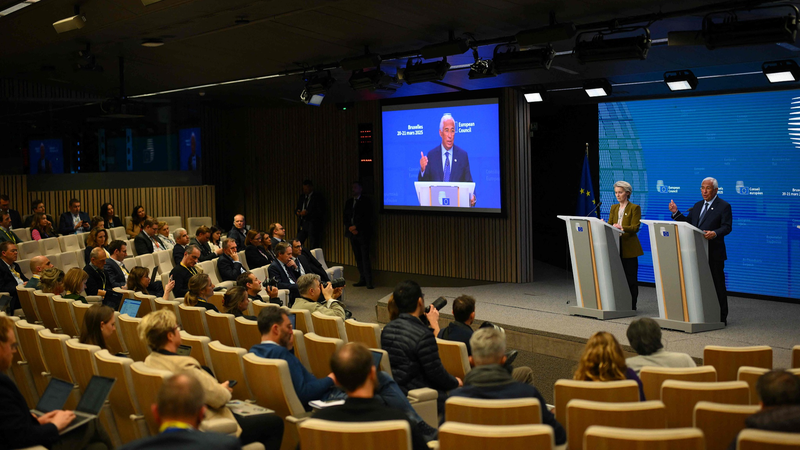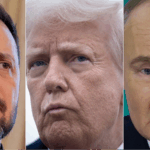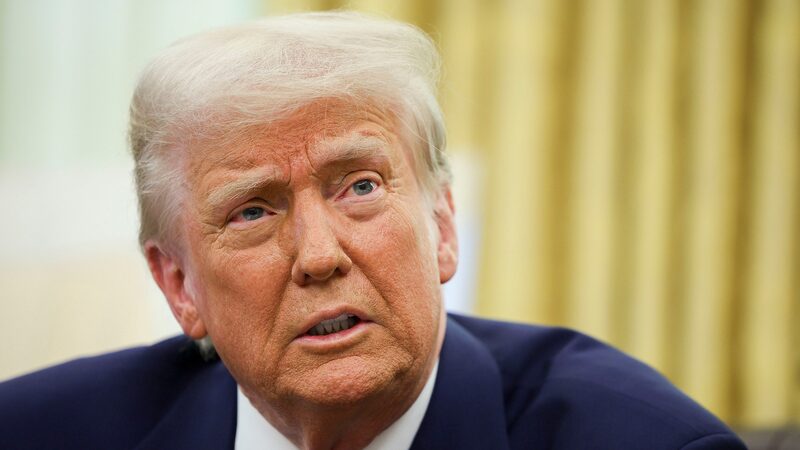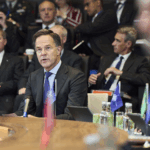European Union leaders convened on Thursday to discuss bolstering their defense capabilities amid growing concerns over diminishing U.S. protection. Recent high-stakes developments in Ukraine and Russia have prompted a reevaluation of reliance on NATO, leading many to call for a more autonomous European security framework.
The summit spotlighted proposals from the European Commission that call for member states to pool resources for joint military projects and invest in European-produced arms. The plan also seeks to relax fiscal constraints to unlock up to €650 billion in additional defense spending, alongside a new €150 billion low-interest loan program enabled through joint borrowing.
Amid the robust debate, Lithuania's President Gitanas Nauseda warned, "We have to rearm ourselves because otherwise we will be the next victims of Russian aggression." His remarks underscored an urgent need for enhanced security measures in light of emerging threats.
However, the discussion also exposed divisions within the bloc. Spanish Prime Minister Pedro Sanchez expressed reservations over the use of the term "rearm," emphasizing that the security challenges faced by southern neighbors differ from those encountered along the eastern flank. This sentiment reflects broader differences in defense priorities across the Union.
Additional voices, including Greek Prime Minister Kyriakos Mitsotakis, advocated for more expansive financial support that could include grants rather than relying solely on loans. Italian Prime Minister Giorgia Meloni echoed this view, favoring common European instruments that avoid directly increasing national debt.
Despite some enthusiasm for joint financing mechanisms, concerns remain. Dutch Prime Minister Dick Schoof maintained a cautious stance, suggesting that the €150 billion loan program is the ceiling for acceptable collective borrowing, and he firmly opposed the introduction of joint euro bonds.
This ongoing debate among EU leaders highlights a pivotal moment for European defense policy. As the bloc navigates these strategic divisions, the outcome of these discussions could have far-reaching implications for the security architecture of Europe, particularly for those closely monitoring geopolitical shifts and the future of regional alliances.
Reference(s):
cgtn.com








